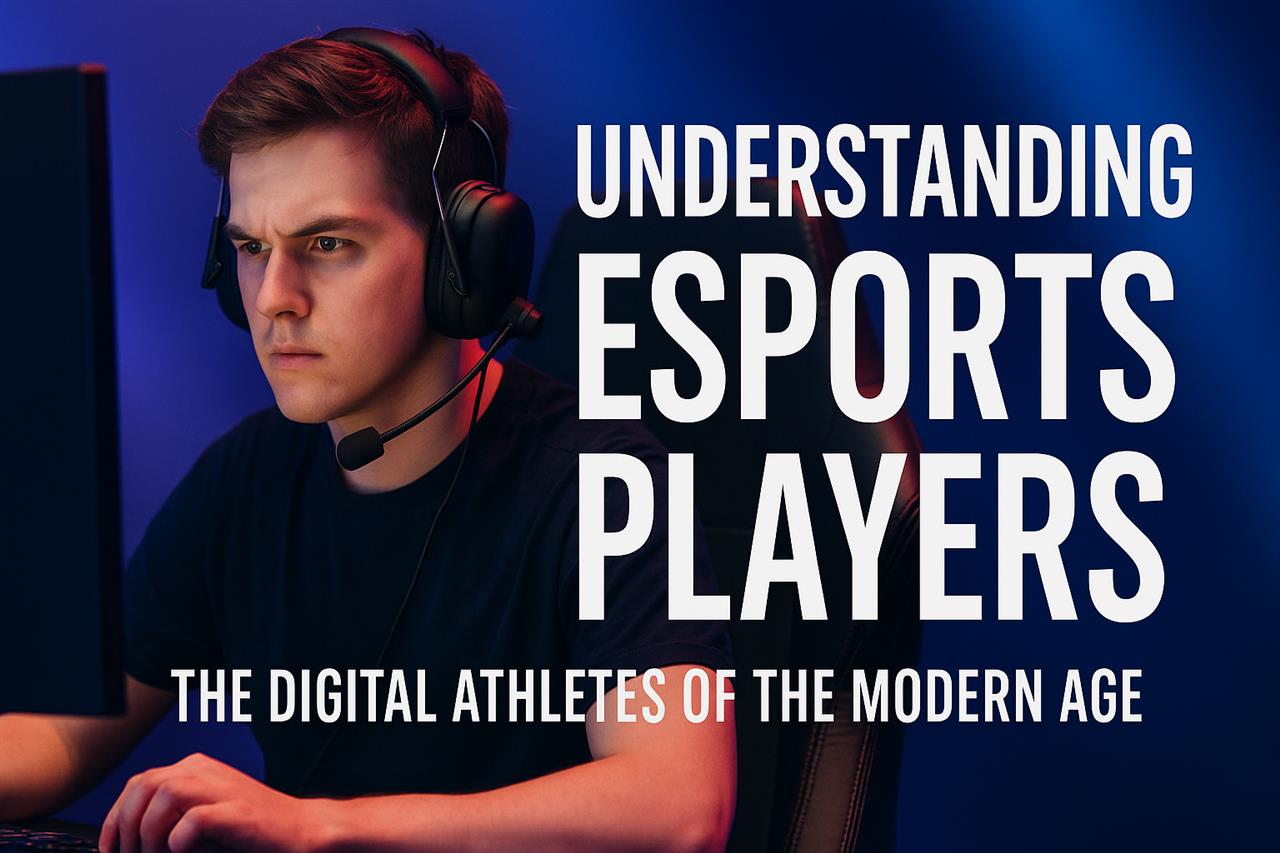Understanding esports players - the digital athletes of the modern age

In recent years, the world of competitive gaming has exploded in popularity, giving rise to a new breed of professional competitors known as esports players. These digital athletes have turned their passion for video games into lucrative careers, participating in tournaments viewed by millions worldwide and earning sponsorships from global brands. As esports continues to grow, understanding the role, lifestyle, and challenges of esports players becomes increasingly important.
Who Are Esports Players?
Esports players are highly skilled individuals who compete professionally in video game competitions. They often specialize in one particular game or genre, such as first-person shooters, real-time strategy games, or multiplayer online battle arena (MOBA) titles. Professional players hone their skills over years of rigorous practice, much like traditional athletes in sports like soccer or basketball.
Popular Games in Esports
- League of Legends
- Counter-Strike: Global Offensive
- Valorant
- Dota 2
- Fortnite
- Apex Legends
Each of these games has its own competitive scene, complete with leagues, tournaments, and dedicated fanbases. Esports players must not only excel in mechanical skill but also develop strategic thinking and strong communication with teammates.
The Life of a Professional Esports Player
Being an esports player is far more demanding than simply playing games for fun. Professionals spend hours daily practicing, reviewing gameplay footage, and communicating with coaches and teammates. Many belong to esports organizations that provide training facilities, nutrition plans, and mental health support to ensure peak performance.
Training and Practice
A typical training schedule might include 8-10 hours of gaming, divided into solo practice and team scrims (practice matches). Players analyze their own performances, study opponents’ strategies, and take part in strategic discussions to prepare for upcoming matches.
Team Dynamics
Communication and synergy are critical in esports, especially in team-based games. Players must build trust and coordination with their teammates. Many teams live together in gaming houses or training facilities to foster strong chemistry and reduce logistical hurdles.
Financial and Career Opportunities
Esports players have multiple revenue streams, including tournament winnings, salaries, sponsorships, and streaming income. Top players can earn millions annually, especially if they have a strong online presence and personal brand.
Tournaments and Sponsorships
Major international tournaments, such as The International for Dota 2 or the League of Legends World Championship, offer prize pools in the tens of millions. Brands looking to reach younger, digital-native audiences have increasingly invested in sponsoring players and teams.
Challenges Faced by Esports Players
Despite the glamour and rewards, esports comes with its own set of challenges. Physical and mental health issues, burnout, and the pressure of constant competition can take their toll on players. Furthermore, the career longevity of an esports player is typically short, often peaking in their early to mid-20s.
Physical and Mental Strain
Extended periods of screen time and repetitive movements can lead to conditions like carpal tunnel syndrome and eye strain. Mental health also plays a crucial role, with performance anxiety and burnout being common issues.
Short Career Span
Due to the intense demands and rapid evolution of games, few esports players remain at the top for more than a few years. As such, many plan for careers in coaching, streaming, or content creation after retiring from active competition.
The Future of Esports Players
As esports continues to professionalize, the role of esports players will only become more prominent. The industry is introducing better support systems, including healthcare, education, and player unions, ensuring a more sustainable and rewarding career path. With growing acceptance and mainstream recognition, esports players are gradually being seen not just as gamers but as true athletes of the digital age.